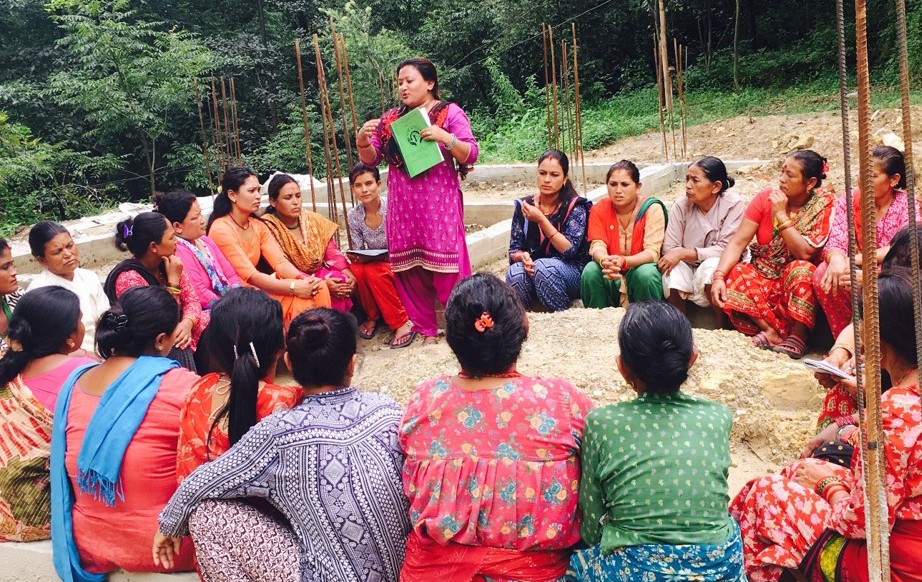“The earth is what gives life. It is that which gives food; It is the dispensation of traditional medicines. And for people who depend on forests in their territory, it is very important because without it there is no health, there is no education, there is no collective life for Indigenous Peoples, and above all for women.” - Fany Kuiru, indigenous Uitoto leader
As the global development community calls for greater collaboration to address shared goals, it is becoming increasingly well known that land rights matter for sustainable development. Secure tenure rights fight extreme poverty and hunger, combat climate change, and promote gender equality. For women in particular, the recognition of their land and resource rights often underpins personal agency and empowerment. These rights to productive assets increase women’s economic security and decision-making power—and help them shield themselves and their families from injustices such as poverty and domestic violence.
Less well recognized are the specific needs and contributions of the world’s indigenous and rural women, who make up more than half of the up to 2.5 billion people who use and rely on collectively held lands. In this context—where lands are held and managed by communities rather than by individuals—indigenous and rural women are largely responsible for food production and developing sustainable rural economies. They have unique knowledge of natural resources and are on the front lines of preventing deforestation, revitalizing food systems, and stewarding the ecosystems that they and the rest of the planet rely on. And their leadership is only growing as a result of demographic shifts.
Despite these important contributions as household and forest managers, women are too often left out of decision-making processes that affect them, and remain constrained by unjust laws and practices. According to a 2017 study of over 400 laws from countries across Latin America, Asia, and Africa, none of the 30 countries analyzed adequately respect indigenous and rural women’s rights to community forests. The analysis also demonstrates a particularly pressing need for legal reforms regarding women’s inheritance and governance rights.
But this is changing. As women speak up to share their experiences and knowledge, they are calling for a new narrative—one that views them not as victims, but as leaders and agents of change. And as more women share their stories, they are provoking crucial conversations about power and effecting concrete change on the ground.

Photo credit: FECOFUN
“Normally your parents should care for you and give you your own piece of inheritance, but because you are a girl, they don't consider that you will be developing the family,” explains Cecile Ndjebet, President of the African Women’s Network for Community Management of Forests (REFACOF).
“These are the practices we need to work on, and try to work on with the traditional chiefs. Because today you cannot say that it is only the girl or the boy who has economic importance in the family—and I can really state, openly and loudly, that where women have security to land, there is positive impact. They have more access to decision-making mechanisms within the community because of the economic power they have gained through ownership of the land.”
Ndjebet is one of 21 women and men from 14 countries who came together in May in Washington, DC to discuss this critical issue, share lessons learned, and chart a path forward for increased collaboration to scale up recognition of women’s land and resource rights. Together, they are developing a new strategy for collaborative action across four key areas identified at the convening: women’s leadership and participation in decision-making and forest governance; prevention of criminalization of land defenders; indigenous and rural women’s economic empowerment in the context of community-held lands and forests; and the creation of a global narrative on the importance of women’s community land rights and leadership.
Aminatu Gambo, a young leader from the International Indigenous Women’s Forum, noted that, “It is very important for women to take part in decision-making processes, not people taking decision on their behalf.”
Learn more about why land matters from participants in this emerging partnership to deliver for indigenous and rural women and girls—in their own words:
See the video here


